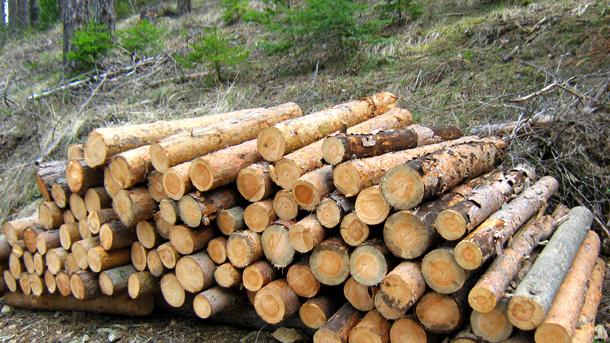
The regional ethnographic museum in Plovdiv opens its doors for the 16th edition of the Week of Traditional Crafts, the organizers report. The opening is on June 24 (Enyovden) - honored in Bulgarian folk traditions as the day of..
Bulgarian cuisine is ranked 14 th out of all national cuisines in Europe in the prestigious TasteAtlas rankings, BNR-Varna reports. The cuisines are rated every year on the basis of points given by the website’s users. Bulgaria is given an average..
The 6 th culinary festival “Crushed beans with nettles and horo dancing” in Cherni Osam village near Troyan brought together crowds of fans of folklore and of traditional cuisine from all parts of the country, the Bulgarian news agency BTA reports...
A string of charming towns, such as Asenovgrad, Perushtitsa, Krichim, Peshtera, Patalenitsa and Varvara are situated in the stretch..
The three-day Cherry Festival begins tonight in Kyustendil's Velbazd Square with the preparation of 1,500 ice creams with cherry syrup , reports BNR..

+359 2 9336 661
